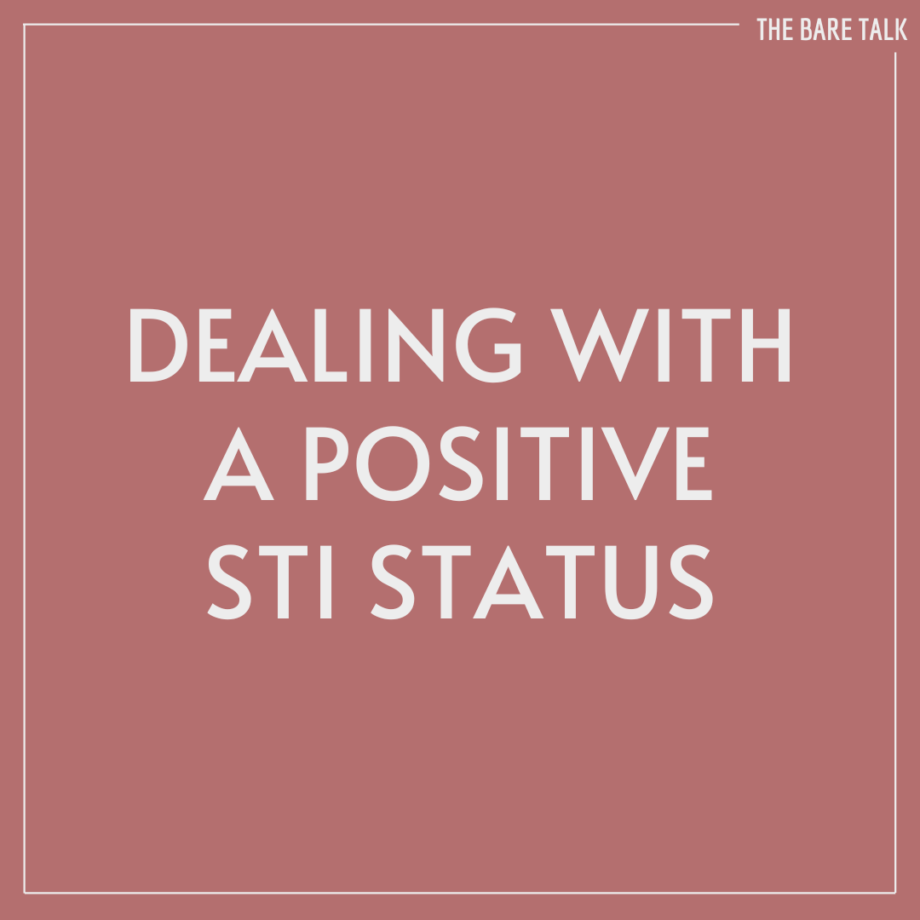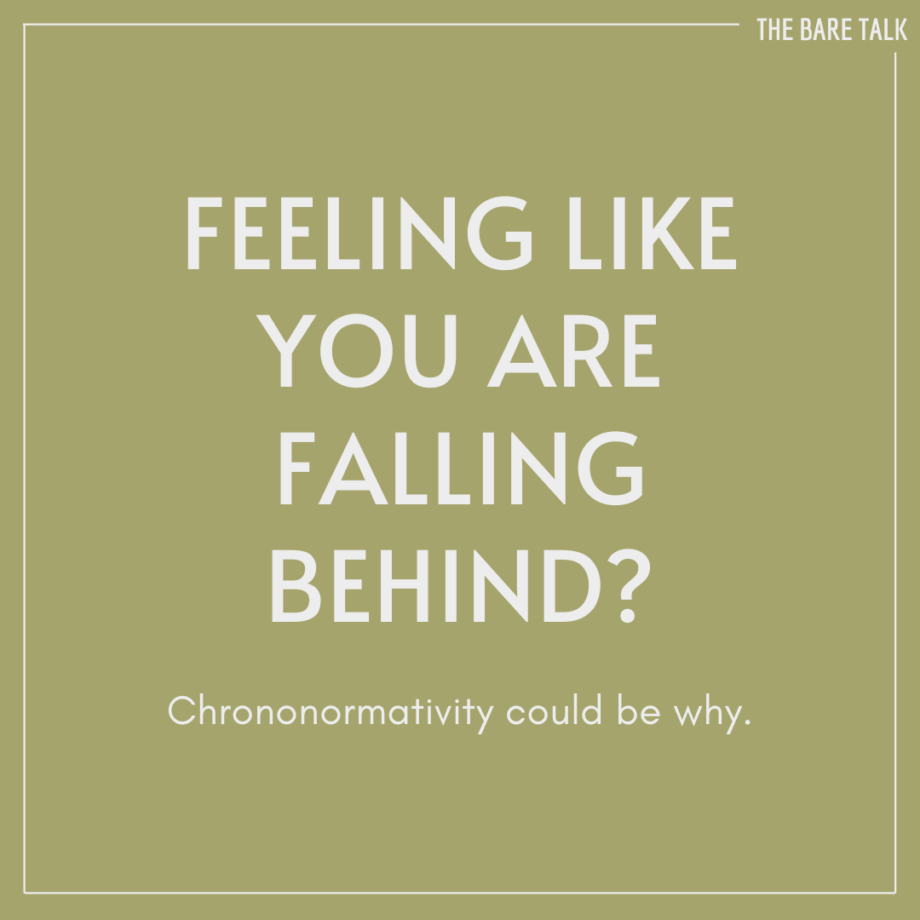Currently, India has a population of about 1 billion people. A study conducted by the World Health Organisation (2015) observed that 1 in 5 Indians may suffer from depression in their lifetime, which is equivalent to 200 million people.
With the constantly rising graph of India’s mental health concerns, there are more people than ever who require therapeutic support. But, since it is already tough to get our head around the fact that we might have a problem & need therapy, considering going for therapy becomes another hurdle.
Moreover. after going through a tough decision-making process about the need for therapy, the next step of actually visiting a therapist can be an overwhelming experience in itself. One may feel confused or nervous but it is important to remember that these feelings are normal & the pros do outweigh the cons.
Since one might not be well versed with the idea of therapy & still fears the attached stigma around the concept, associated myths make it more difficult for therapy to become accessible. Thus, it is more important than ever, to break the stigma around how therapy works, so as to ease people’s concerns about the same and in order to do that, first, we need to understand what therapy means.
The word ‘therapy’ originated from the Greek word ‘therapeuein’ which mean to ‘minister to, treat medically’ and the word ‘therapeia’ which means healing, as well as from modern Latin word ‘therapia’, eventually recognised as ‘Therapy’ in the mid-19th century. More recently, therapy can be understood in hundreds of ways, but essentially refers to “a treatment that helps someone feel better, grow stronger, etc., especially after an illness.”
Therapy in itself, is not an unfamiliar word, & there are many kinds of therapies we hear about in daily life, especially terms like ‘physical therapy’, ‘occupational therapy’ etc. but in regard to mental health, we particularly refer to ‘psychotherapy’.
There is no fixed way of defining psychotherapy, but in layman’s terms, we can say that psychotherapy is the practice of spending time with a trained professional, generally a psychologist, counsellor or a social worker, who helps diagnose and treat mental and emotional problems like academic difficulties, couple issues or personal problems, or psychiatric conditions, etc.
So, what are some things one should before starting therapy?
-
Psychiatrist vs Psychologist
Psychiatrists are medical professionals who prescribe medications and spend much of their time with patients on medication management as a course of treatment. They are not specifically trained in therapy unless they have other specialisation degrees.
Whereas, Psychologists focus extensively on therapy and treating psychological concerns with a variety of intervention strategies. They are not legally allowed or qualified to prescribe medication.
This distinction is quite important as these are two separate professions and require different training, and usually, both work together to create the best treatment strategy. -
Finding the right therapist is important.
Therapy is a personal matter, and expressing one’s deepest thoughts, fears or feelings to a stranger requires that one feels safe & comfortable with their therapist.
There are many different factors that play into what your personal therapy sessions would be like. Like any other profession, different psychologists/therapists are trained in different types of therapies and have different styles. For instance, in cognitive behavioural therapy, there will be ‘homework’ to do. A psychodynamic counsellor would look at your past while another type of therapist might focus solely on your life in the present-day and some therapies concentrate on the future.According to Dr Rajesh Mehta, a practising counsellor and psychologist, “Healing is a very slow and gradual process. No one form of medicine, or in our field, no one doctor can help. You might need to change doctors before you find the one best suited for you. But one thing that is important to know is that therapy always works. It is a very positive and enriching experience.”
Therapy will not only help overcome some of the life challenges but also help us become a better version of ourselves. But a point to remember is that therapists are not one-size-fits-all and since we cannot control all factors that contribute to therapy, chances are that after a few therapy sessions, we may decide the therapist we have isn’t quite right, and that’s alright. Don’t get discouraged & find someone that makes you feel safe and comfortable.
-
Therapy is not for the crazy!
Ok well, therapists do deal with very serious problems like personality disorders, trauma, depression etc. but that doesn’t mean that one needs to troubled or seriously sick to visit the therapist.
Therapy can be as simple as talking about things that stress us out on a regular basis or an issue that has been troubling us or you just need someone to talk to! A good therapy session can help solve emotional problems, promote healing and help reach desired goals.
The thing we need to understand is that like any other professional, a psychologist/therapist is as competent as doctors or surgeon in their respective field and their office is like any other clinic. Due to the lack of awareness, we have created an image of what a clinic would look like or, how the psychologist will solve our problems instantly.
Studies have found that Indian clients may expect that the role of the counsellor is to provide them with answers or solutions, rather than involve them in the problem-solving process, and they may have difficulty accepting that they are ultimately responsible for their own healing. But that only happens in the movies.
-
Overcome resistance and participate
A psychologist questions another psychologist “How many clinical psychologists does it take to change a light bulb?”
“Only one but the light bulb has to want to change.”When we sign up for therapy, it’s a long, tough road ahead and we may feel as if we are riding an emotional rollercoaster. There will be times when we feel like we are not cut out for this, or go through different emotions, but in order to help ourselves, we need to be prepared to fight this feeling & pull through.
Therapy is a two-way process and its not practical to expect astonishing results in one day. It is highly advisable to participate in as many sessions as one requires. By being proactive, one can help the mental health professional with the details that you think are important, asking questions and doubts about your treatment plan, ask questions till you are satisfied. And don’t worry, confidentiality is the most important aspect of any therapy session, so you have a safe place where you can be yourself and express openly.
Being a part of the process will help you understand more about yourself, like your strengths and weaknesses, some trigger points, some emotional limitations or some kind of maladaptive defences or anger issues one might be facing. Overall, this process will help you learn to be more introspective, adaptive and become capable of coping with different situations in life. Hence with an open mind and willingness to work, one is more likely to bear positive results than if we remain closed off and disconnected. Therapy is difficult. At times, one may feel like running away or things seem impossible and we might find ourselves in a rut, but all of this is a part of the process and we should embrace this phase as a challenge to ourselves.
Remember that a therapist’s goal is to aid the recovery process, so try and be receptive, even though it might be difficult so that you can become a better version of you.
We hope you feel more sure and able to take the time to self-reflect and seek out help if needed. Please feel free to contact us if you have any further questions or concerns.



